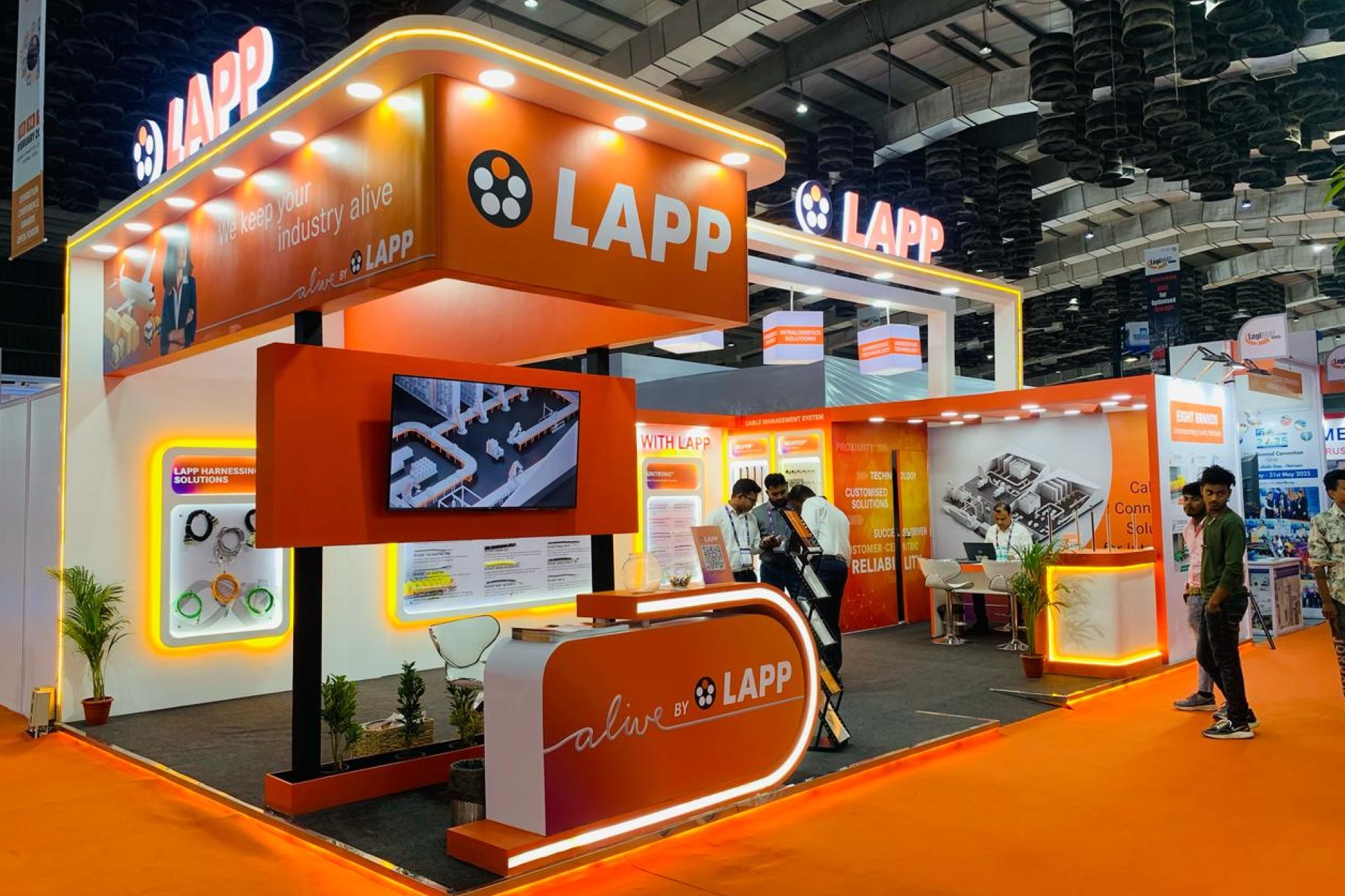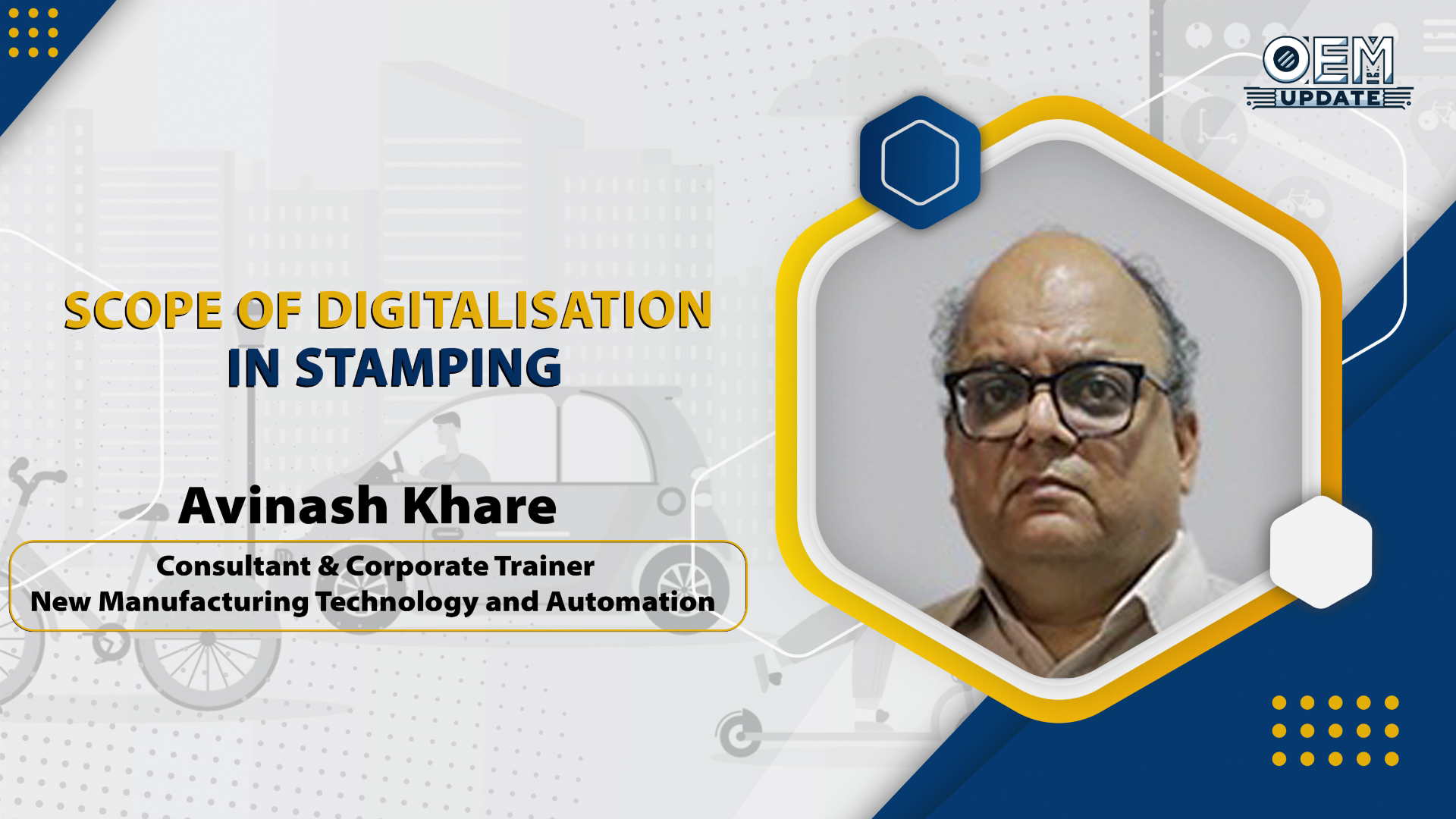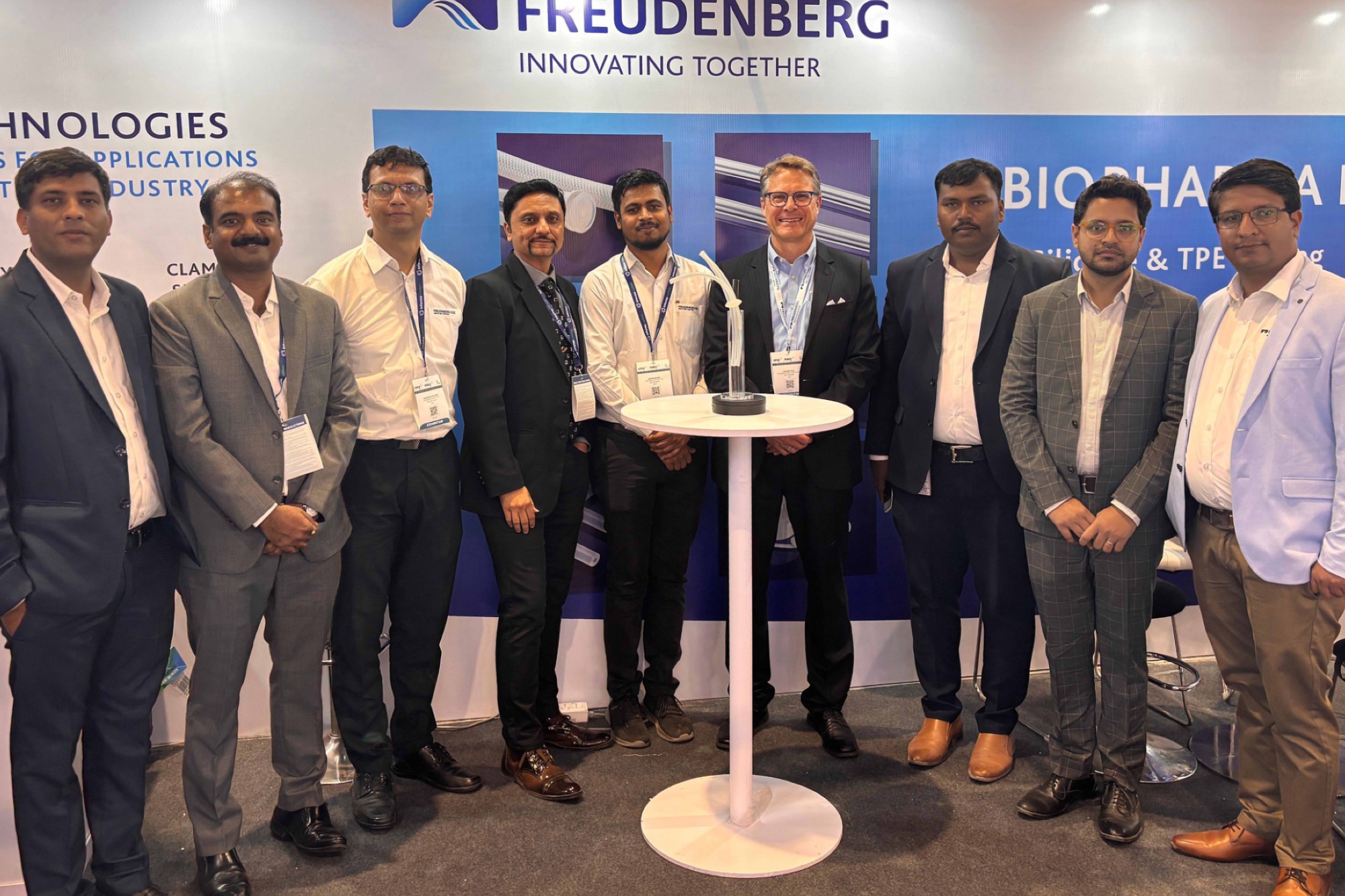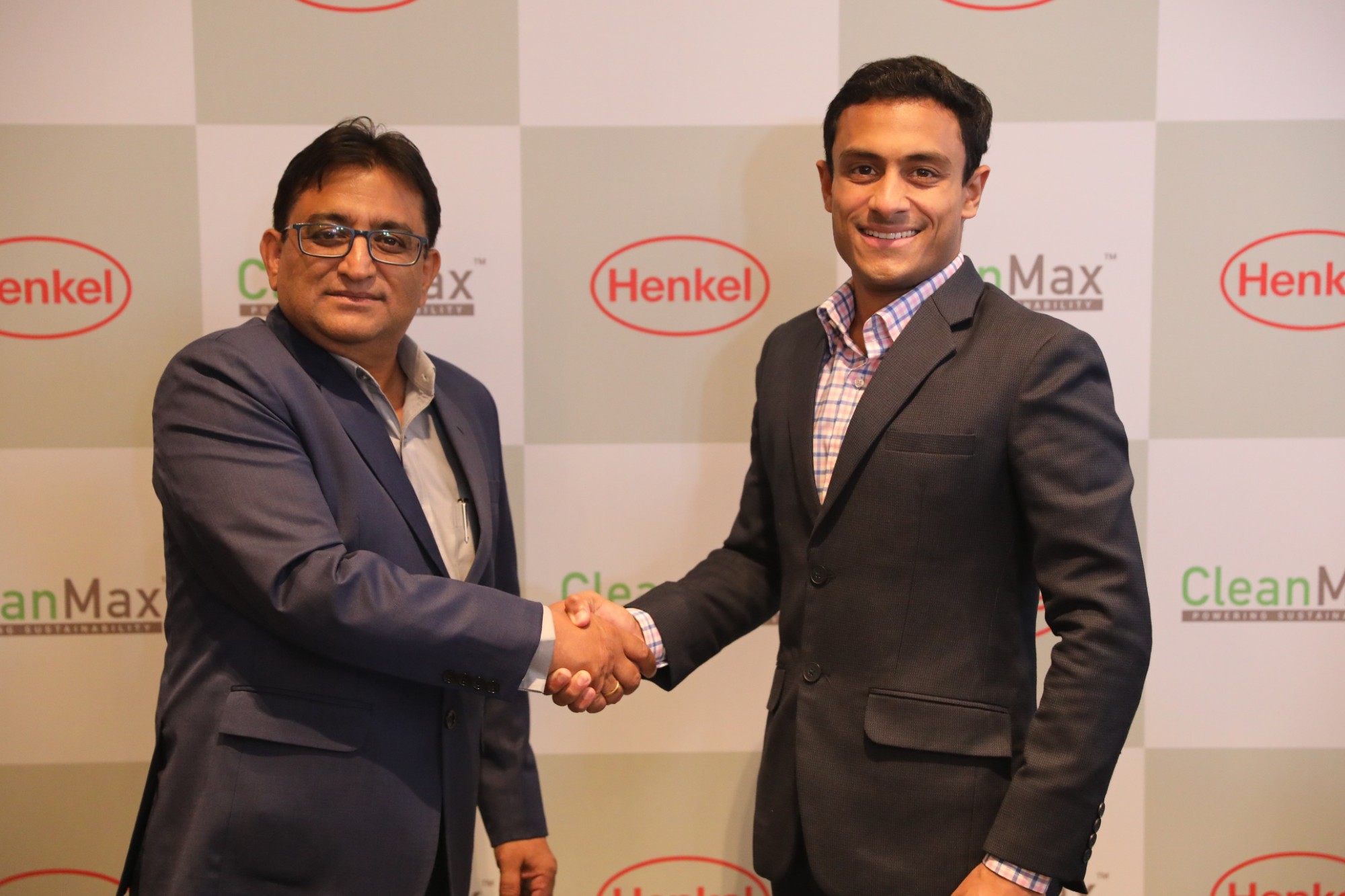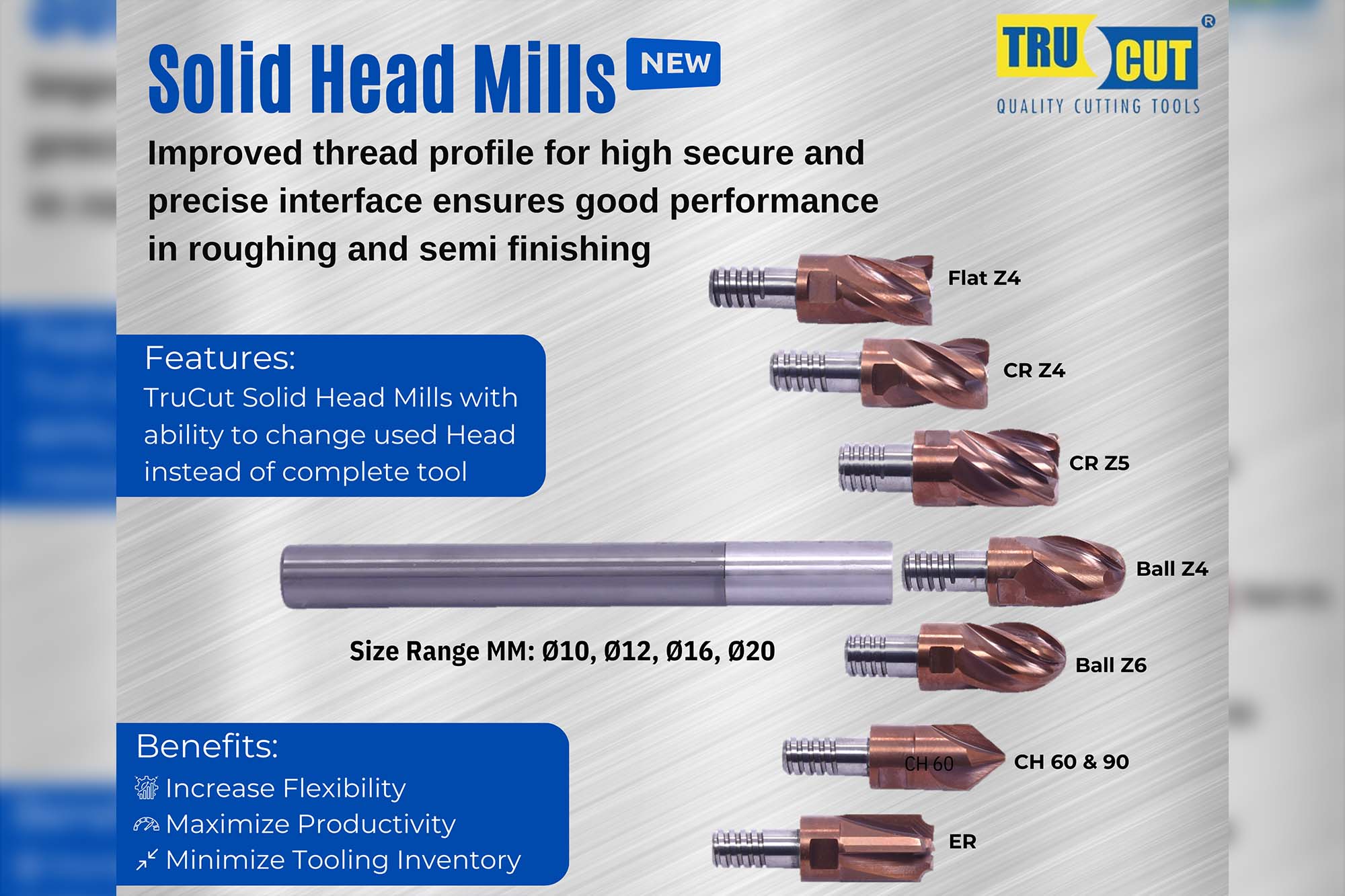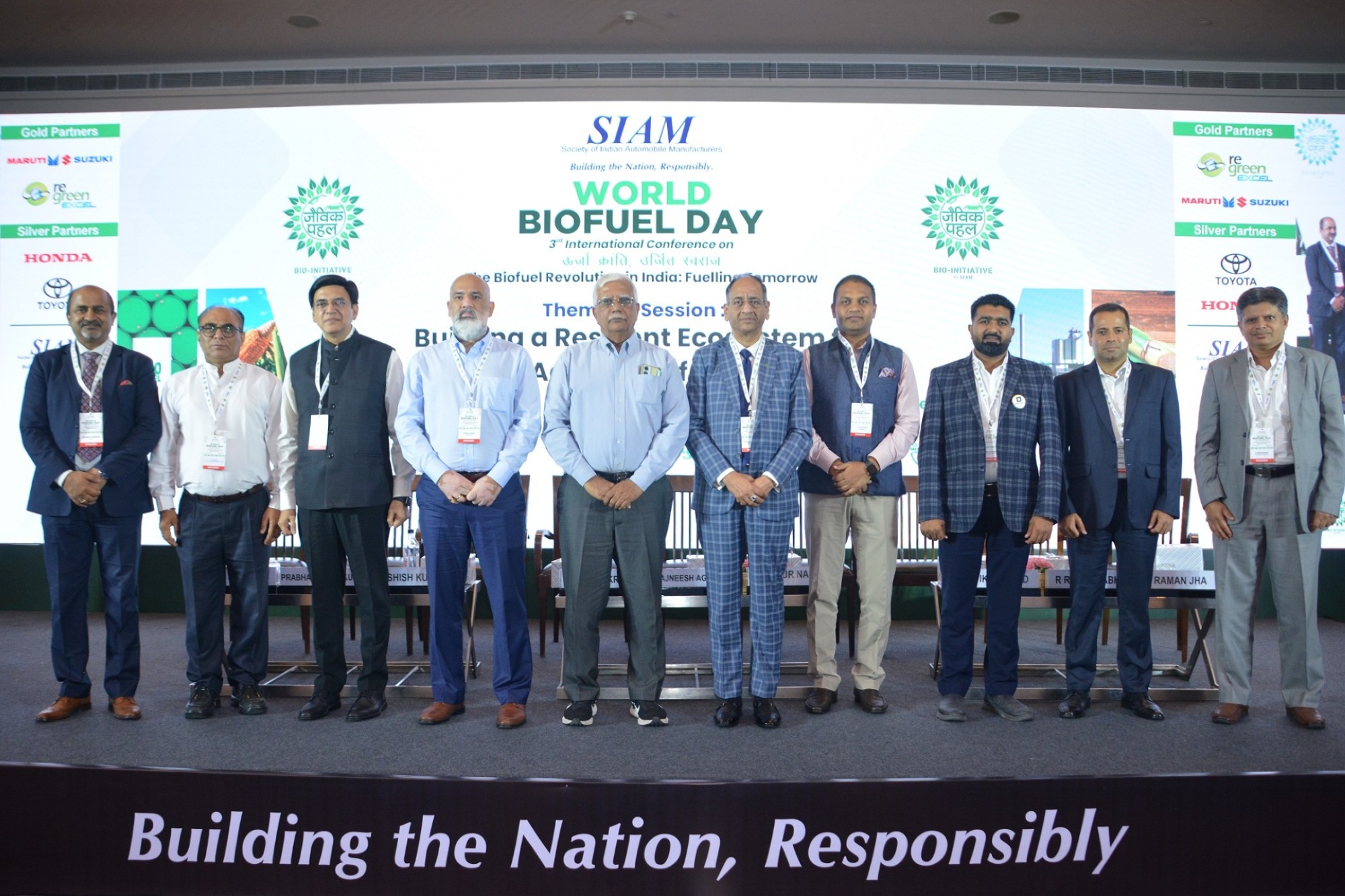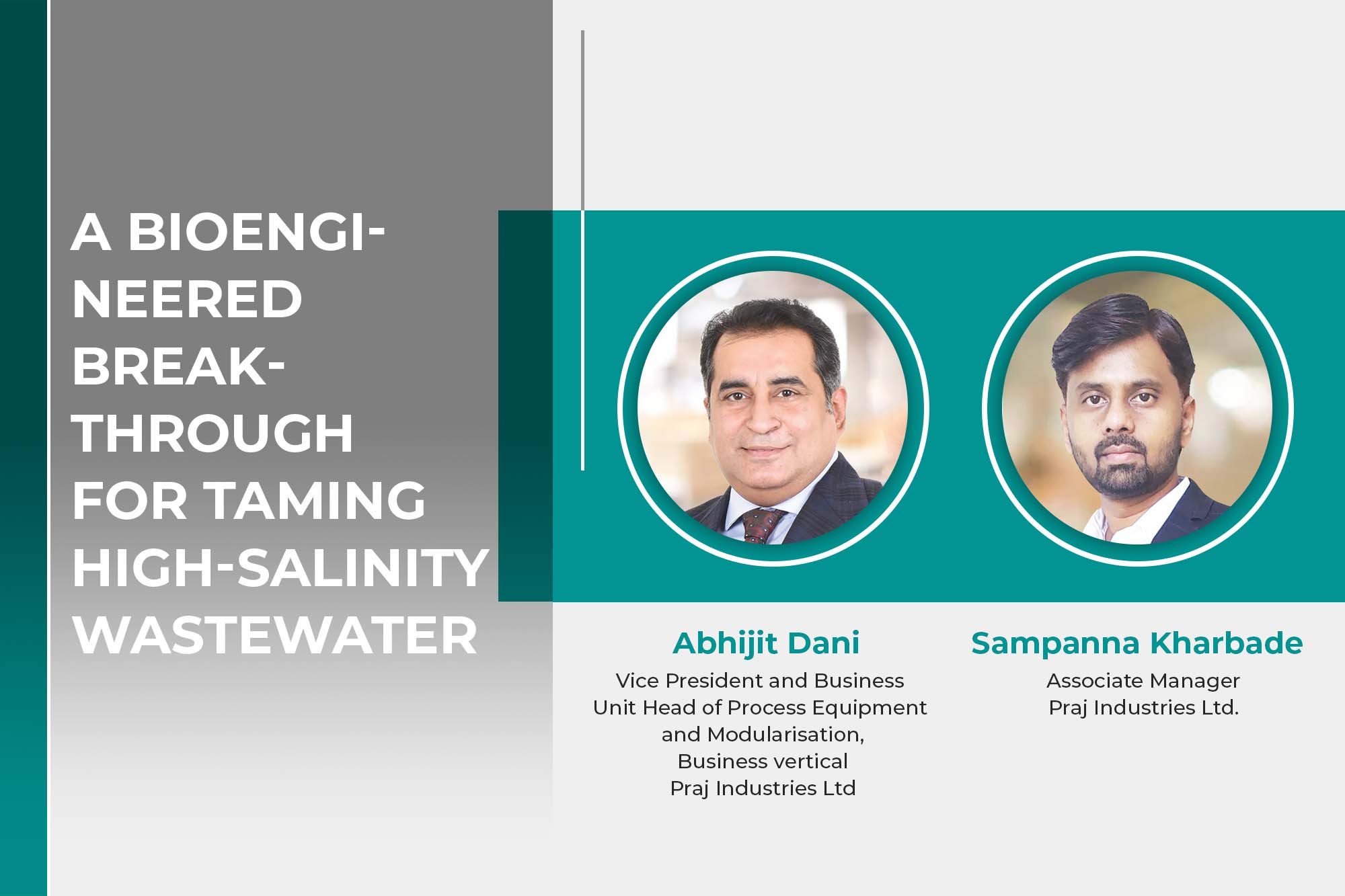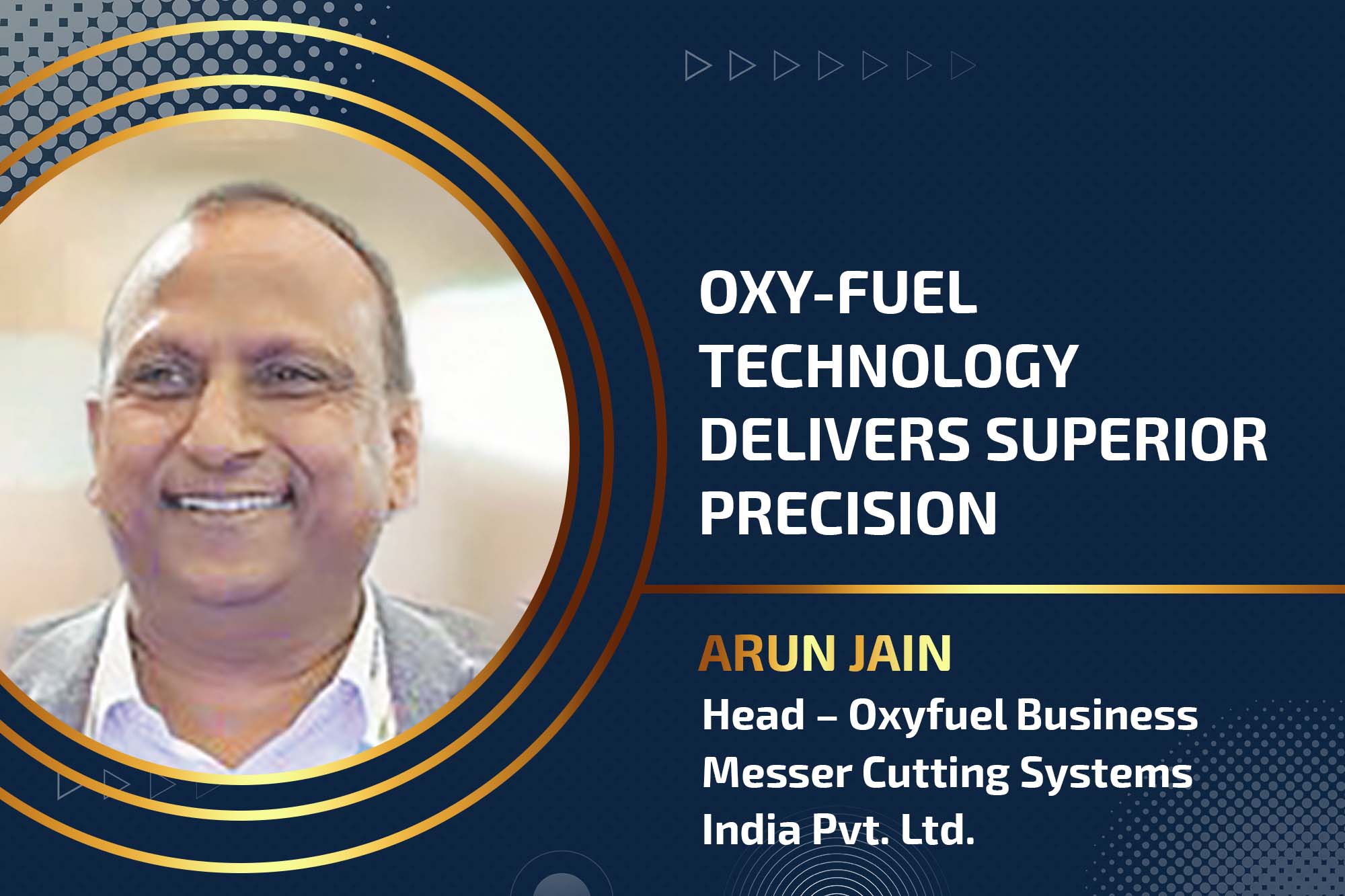Optimising performance in industrial waste water treatment
By admin April 29, 2015 2:40 pm IST
PSG pumps are optimised for management of industrial wastewater. PSG pumps can work well in integrated waste water treatment systems where different types of equipment work in tandem
Since the beginning of time, people have had the need to treat the water they consume, and use it for cooking, bathing and washing their homes and cooking utensils. They have also needed to find ways to properly treat and dispose of the water that has been fouled through the course of its use – in latter centuries most commonly during industrial production activities.
When people hear the phrase “water treatment”, the first thought that comes to mind is taking water that will be used in domestic settings and removing any impurities, in the process making it safe to drink, cook with, bathe in and wash clothes with; in other words, “municipal” water treatment. But from a broader perspective, the term water treatment can have a number of completely different meanings.
In industrial applications, for instance, water can be taken from a nearby river and used for boiler or cooling-tower makeups. In the oilfield, water that is used or produced during the drilling and recovery process can be treated and sold to farmers for use in field-irrigation activities.
This article illustrates the use of an integrated waste water-treatment system, with many different types of equipment working hand-in-hand – specifically metering and peristaltic (hose) pumps, and polymer make down systems – can be used in a straight-line treatment process. This will deliver the most cost-effective and efficient way to treat industrial waste water, all while making it safe for disposal or reuse in any number of additional activities.
The Challenge Most of the water used or produced in industrial applications contains some level of solid particles. It goes without saying that these particles should not be consumed, but particle-laden water also can’t be used, for example, in a boiler that provides steam to a turbine during power generation, lest the turbine become fouled and damaged.
Recognising the presence of particulates in water and successfully removing them, however, are two different things. Some of the particles—which can be anything from bacteria and plant material to dirt or minuscule pieces of crushed stone—are so small that their response to gravity is very low. In other words, they don’t fall through water at a consistent rate because their mass is so small and not impacted by gravity. This means that it may take many hours, days or even weeks for the particles to settle as little as a foot. This is an unacceptable, and unpredictable, settling rate for a water or waste water-treatment system, so the particles need some help in settling or clumping.
To speed along the settling or clumping process, the water-treatment facility must turn to the introduction of a coagulant or flocculant that helps the tiny particles clump together in a mass that is called a “floc,” which is easier to remove. Two of the more popular types of coagulants/flocculants that are used in water and waste water treatment are:• Alum: A more economical way to say “hydrated potassium aluminium sulfate,” alum has been used since Roman times to aid in the purification of drinking and industrial-process water. Alum coaxes negatively charged colloidal particles to clump together so they will be able to be more easily removed from settling basins.• Ferric chloride: Another name for Iron (III) chloride, ferric chloride undergoes hydrolysis when dissolved in water, which gives it the ability to sufficiently form suspended solid particles into flocs.
While quite effective in creating flocs, the flocs that are formed by alum and ferric chloride are held together rather loosely, which means that they can break apart if agitated as they settle in the clarifier or settling basin. Eliminating this break-up potential requires the introduction of a polymer solution that helps form more efficient flocs. The polymer takes the neutralised solid particle clumps and binds them together more tightly.
Cookie Consent
We use cookies to personalize your experience. By continuing to visit this website you agree to our Terms & Conditions, Privacy Policy and Cookie Policy.





